Sustainability Issues
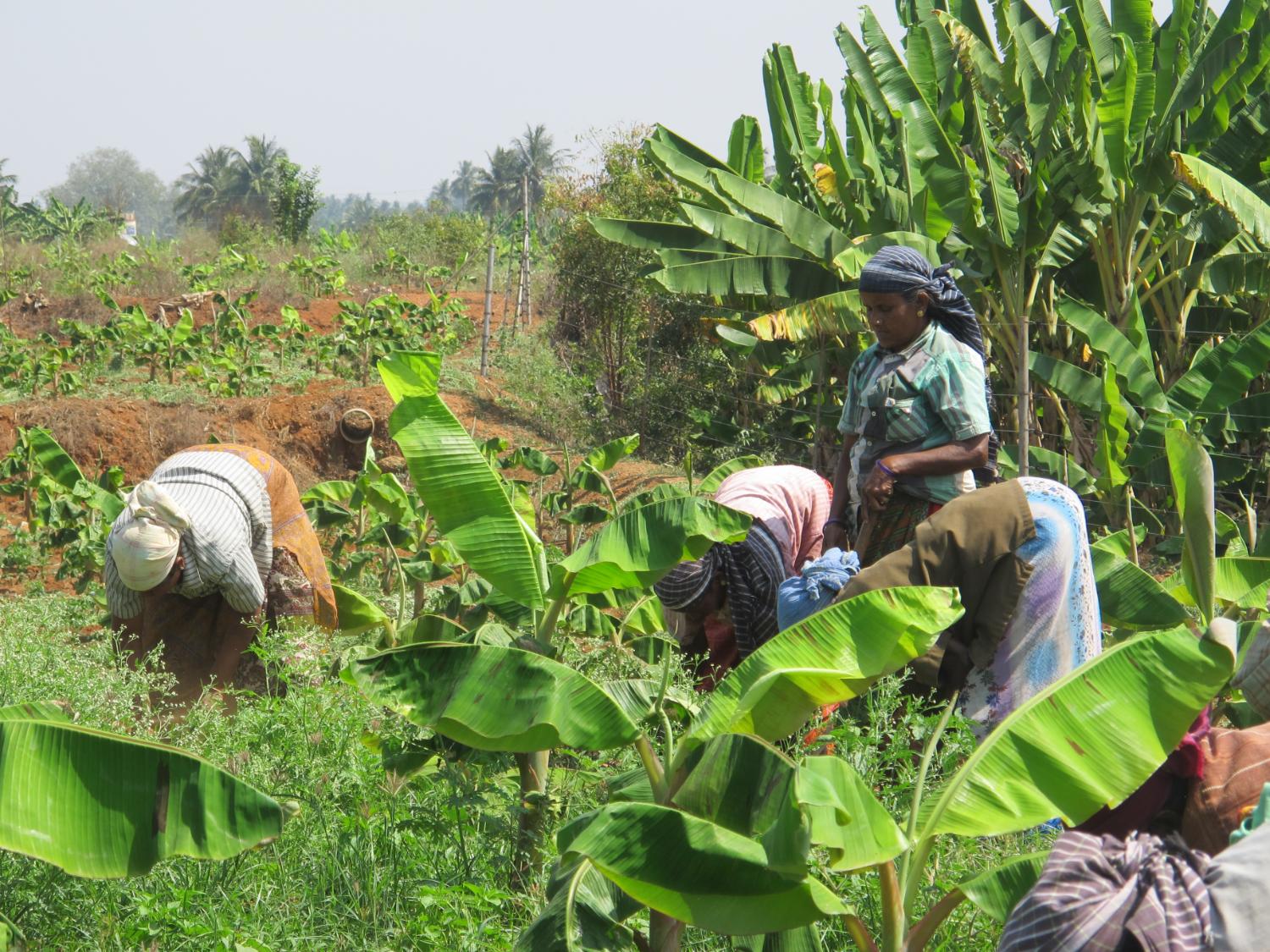
The global botanical medicine industry has grown dramatically over the last few decades, reaching almost $100 billion in sales. The raw material for those products is sourced on global supply networks, some traceable, many not.
It can be overwhelming to find high quality products. It can be even more overwhelming to try to sort out which claims about sustainability and equity are true and which are greenwashing.
Even those with many years working in the botanical industry have a hard time offering advice on finding high quality botanical ingredients.
Yet all agree that how medicinal products are produced—how the herbs are grown, handled, and processed— is critical to the quality of the finished product. Some companies source with rigorous quality control standards and procedures. Just as many, or more, do not.
Companies that invest in sourcing are more likely to produce high quality products. Investing in sourcing means taking care of the plant material each step of the way. That means taking care of the soil, taking care of the ecosystem, taking care of the workers handling the herbs. A company’s commitment to ethical sourcing can be a key way to identify which companies to trust as a source for high quality finished products.
Every step in this process creates value and impact, either positive or negative. Responsible sourcing can help protect and enhance the resilience of ecosystems and producer communities. Price buying, looking for the cheapest ingredients, in turn can degrade those ecosystems and communities.
Read Why Should I Care for more on why this matters.
Explore More Topics
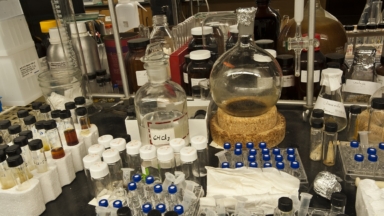
Quality & Sourcing
FDA standards are for a minimum level of competency. Find out what a handful of companies define as a maximum level of competency.
Learn more:

Climate Change
Climate change affects the sustainability of herbs in all its stages. Find out all about it in our webinar linked to below.
Learn more:
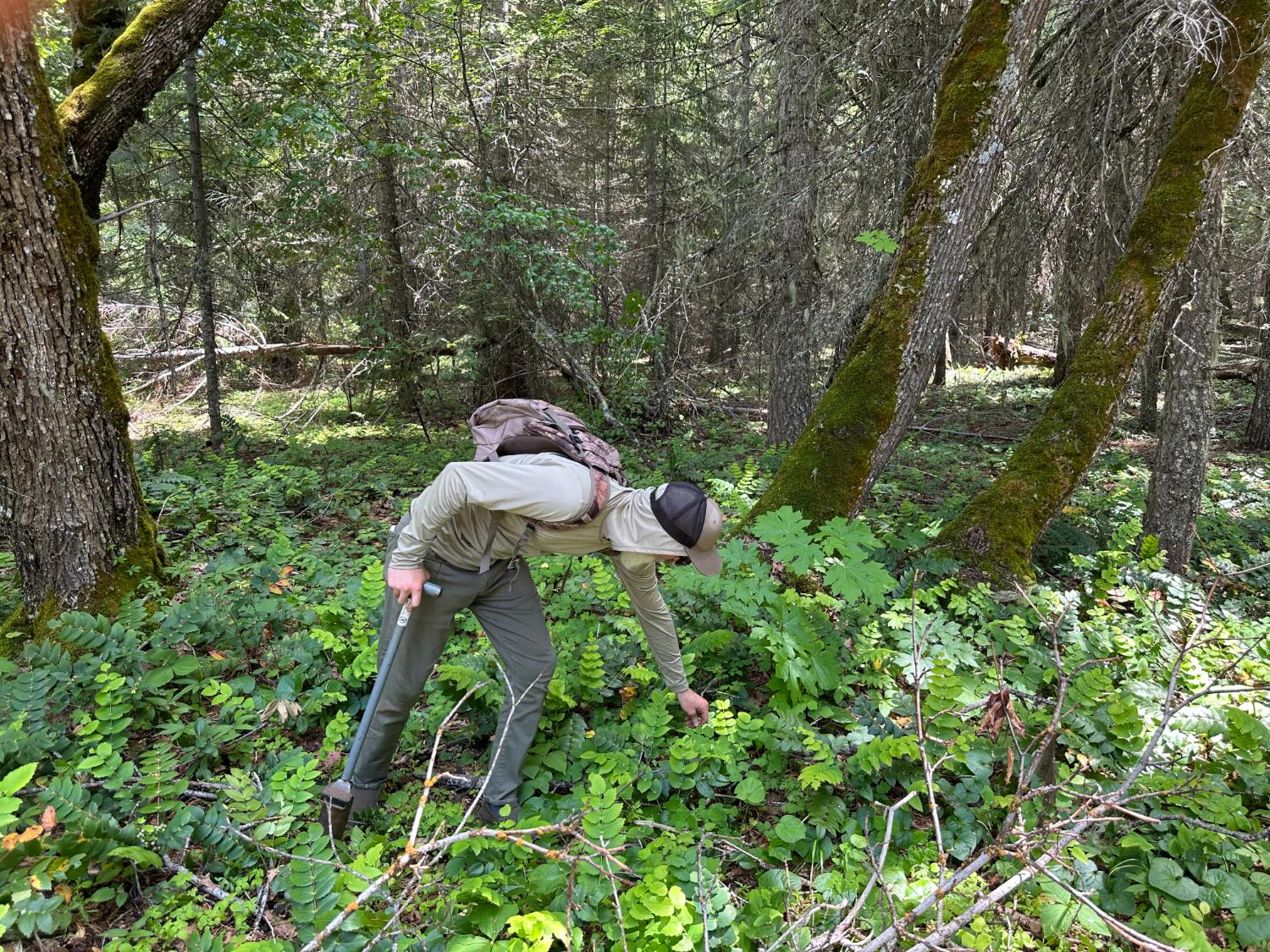
Biodiversity & Wild Herbs
Two thirds of the approximately 3000 medicinal plant species in commerce are wild-collected. The herb industry can be a vehicle for the over harvesting of these plants or for their conservation.
Learn more:
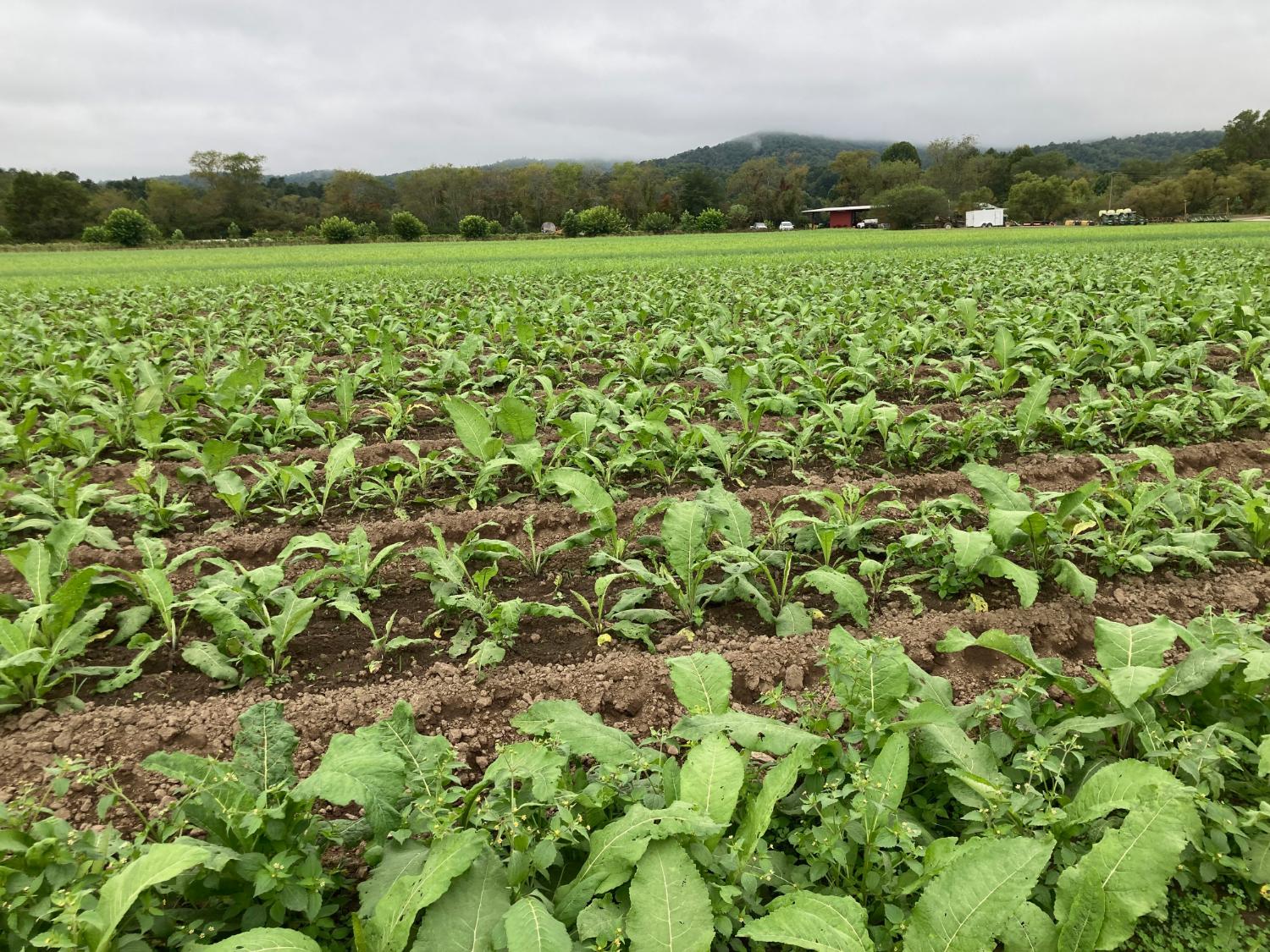
Regenerative Agriculture
At the current rates of soil degradation, the world’s topsoil could be lost within 60 years. What is regenerative agriculture and how is the botanical industry engaging in building healthy soils?
Learn more:
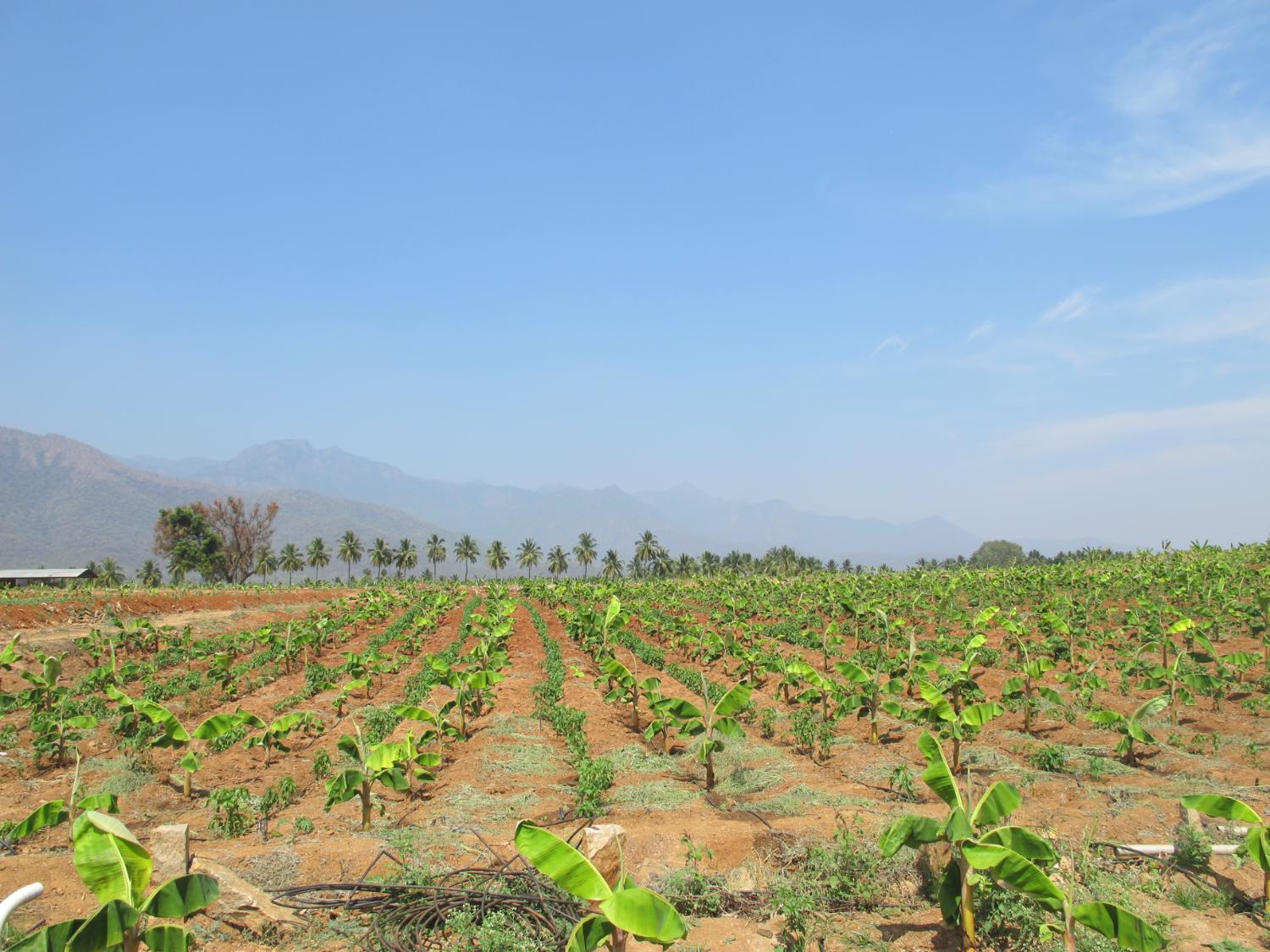
Relationships & Sourcing
High quality herbs depend on developing and maintaining strong relationships with sourcing partners.
